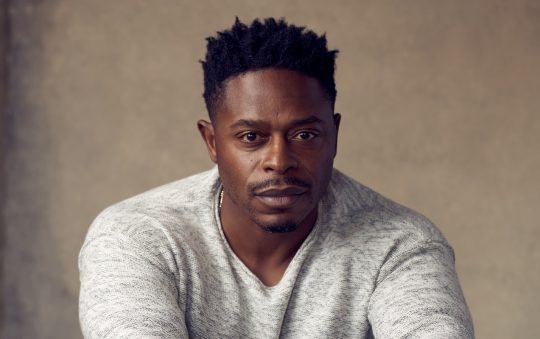
Lena Waithe and Rishi Rajani cofounded Hillman Grad Productions, a development company dedicated to creating a space for Black, Indigenous, and people of color (BIPOC). They are passionate about highlighting underrepresented voices across all creative industries. On March 16, their new class of emerging filmmakers for its Mentorship Lab program was announced.
The program is led by the executive director,Lacy Lew Nguyen Wright , and senior advisor Justin Riley. Collaboratively, they look to “provide opportunities for marginalized creatives and storytellers to connect, grow and accelerate their careers in television and film.”
Waithe was captured on the official press release stating, “As long as I can recall, my heart has always been about giving back to the next generation of storytellers, whether hosting writing workshops, coffee meetings on Saturdays to lend advice, or doing table reads on scripts,” said Waithe. “The diversity of the Mentorship Lab is unlike any other room in Hollywood where all voices are welcome.”
As a self-funded program, Waithe sees over 1,700 applicants from across the country. The program looks to be a central hub for networking opportunities and a place to forge emerging artists into polished professionals.
The Los Angeles Sentinel interviewed one of the participants, Roma Murphy. As a young artist, her vision is set on making the world a better place. Murphy’s content finds itself in the comedic realm, channeling feminine characters with deep emotional layers and complexities.
Murphy’s content focuses on the humor found in women with hot-blooded characteristics coated with comedic antics. She’s connected to digital storytelling, persuasive political copywriting, the Inaugural Disruptors Fellowship by the Center for Cultural Power, and now Hillman Grad.
When considering the meaning behind a better world, Murphy stated, “I think in my ideal of a ‘better world,’ there are no systems in place that prevent people from living the most fulfilled possible versions of their lives, which is a very heady and idealistic way of saying that I want everyone to have the same shot at happiness.”
Most of the characters that Murphy develops have deep emotional strains of vanity, control, and self-absorbed emotions. “I’m fascinated by characters who just let it all out and live my worst nightmare life. When I start developing characters for a project, I’m usually like, ‘Okay, how would I behave in this situation if I had zero scruples whatsoever?’”
Murphy continued, “I usually write women are terrified of their inability to control their circumstances and make up for it by taking control of the people around them. They’re fundamentally concerned with their own needs and rarely consider how those needs affect others.” Murphy favors characters like the ones featuring actress Julia Louis-Dreyfuss.

Through her work, Murphy looks to challenge the socially accepted boundaries that have been shaped through generations of oppression. Looking through her lens, Murphy considered how the effects of oppression on creativity.
“I think the way oppression impacts self-worth is so interesting. When you’ve spent your whole life being told you’re less than–not as smart, not as beautiful, not as capable, not as loveable–you wind up either blocking yourself off from chances at happiness because you’re convinced you don’t deserve them, or you become so consumed with trying to prove people wrong that you miss out on happiness along the way,” Murphy said.
When reflecting on her Hillman Grad experience, she highlighted the priceless value of her time invested in the program. Murphy stated, “I really couldn’t speak highly enough of my experience. I cared deeply about each mentee in the program, especially my fellow writers, because it was so clear how generous, driven, and talented each of them were.”
Murphy continued, “We all put our whole souls into both our scripts and each other’s–because we just couldn’t help ourselves. When it ended, a bunch of us went out and got matching tattoos. That’s how close we got.”
The 20-week process of building a creative project together brought Murphy and her peers to ‘next level’ connectivity.







